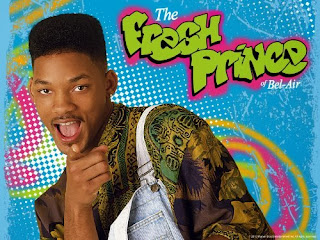Don't turn your head away quite yet! Though I would not be ashamed if it were, this is not just another post about feminism or feminist theory.
It's more than that. This video gets you thinking about the world around you. It stimulates though about how we act, who has power, the things we do. In that same way the video makes you awake to what's happening in the world; so does communication theory.
Communication theory serves the purpose of describing and predicting human behavior; in organizations, education, health, mass, interpersonal. Life is a lot better when you have some clue of what's going on.
In the final blog post for this class, we were asked:
In your opinion, do these theories actually perform the task they are said to perform? Basically, as a whole, do you believe that these theories are an actual useful tool to understand human behavior? Why/why not?
The first thing I would say is, yes I absolutely believe this. If I didn't, how could I be a comm major?
I do think that humans are very surprising creatures. Every instinct could tell us to do something, yet people constantly go against that. There is no perfect way to predict what people are going to do. But, communication theory sure gives you a good chance of guessing.
Take the social exchange theory, it describes the way that we calculate pure relationships with others. Or, take for example, agenda setting theory. It shows the way that the media and people both influence the direction of society (something very important to note in relation to our video post above).
With each of these theories, you peel away another layer to be able look into people. These theories fulfill their purpose in trying to explain and describe. Each may work in its own particular circumstance or situation and for that, they are useful.
We were asked another question:
Is there any kind of practical value to these theories? Basically, do you believe that the world would be a better place if these theories were taught to a much broader audience? Why/why not?
My answer is once again yes, they do have practical value. If you remember my first post for this particular class, I described what comm majors do. They are able to help understand people and their communication so that they can try and better the world. I believe if more people understood the world in this way and were able to critique it, that we would all be in a much better place.
Some of the more specific theories may not be enough to change the masses. But, major theories I think are important to share with others. It helps to understand people on a different level, it could change conflict resolution and even business.
You never going to regret educating yourself and learning more about the way people function. It only will help us all.
So yes, to everything we were asked! Comm theory rocks.






